William Felton “Bill” Russell passed away peacefully last Sunday, with his wife, Jeannine, at his side. He was best known as the cornerstone of the Boston Celtics dynasty that spanned from the late 1950s through the entire 60s. He led the Celtics to 11 titles in 13 years, including a run of eight straight from 1959 to 1966. He was known as the ultimate winner—or more precisely, the “most prolific winner in American sports history,” as described in the official statement announcing his death. He won two national championships with the unheralded University of San Francisco, a gold medal in the 1956 Olympics, and had more NBA rings than would fit his digits.
I’m young enough that I never saw Russell play. Yet he remains relevant in basketball conversations until this day. The Finals MVP trophy is named after him. Any discussion about the “rings culture,” where stars feel like they need championships to validate their careers, usually ends with Russell. Still, none of today’s prominent ring-chasers—not LeBron James, not Kevin Durant—have even come close to catching Russell’s 11 rings. It’s a true testament to Russell’s enduring legacy.
Russell embodied what basketball is all about. It’s a team sport and he did what he could to lead his Celtics — and make no mistake, it was his — to championships time and again. He wasn’t the best scorer, but he knew Sam Jones and John Havlicek were, so Russell never competed for touches and allowed them to do their thing as long as it gave his team the best chance of winning. He is arguably the greatest defensive player of all-time, an elite rebounder, who got his teammates easy baskets off turnovers and off the glass. It is unfortunate that many young fans fixate on his 15.1 points per game career average and casually dismiss him from the Mt. Rushmore conversation. For what it’s worth, he is in mine, right behind Michael Jordan in the GOAT list.
It is impossible to make a definitive case for someone who I never got a chance to watch. All we have are numbers (that pre-date the recording of blocks and steals), accolades (that pre-date the NBA Finals MVP, the DPOY, and All-Defensive teams) and stories (that are unsupported by video evidence). But that’s not my goal. I don’t expect to convince someone that Russell is greater than Wilt Chamberlain in the same way that I can look someone in the eye and say MJ is greater than LeBron. Only guys of a certain generation truly know and I’m not fortunate enough to be one of them. But I do feel that there are certain Russell facts that the younger generation ought to know.
Russell won the 1962 NBA MVP
Russell won five MVPs in his career, tied with Jordan and just one behind Kareem Abdul-Jabbar for most ever. But none was more impressive than the one he won in 1962.
What is the significance of 1962? That was the year when Wilt averaged 50.4 points and 25.7 rebounds. The year when Oscar Robertson averaged a triple-double (30.8 PPG/12.5 RPG/11.4 APG). Russell won the MVP over these legends with his own best statistical season: 18.9 points, 23.6 rebounds, and 4.5 assists. Wait, Wilt got robbed, right? The voters didn’t seem to think so, since it wasn’t a particularly close race. Russell finished with 297 points (51 first-place votes); Wilt had 152 (nine first-place votes) and Oscar 135 (13 first-place votes).
If you look at the voting numbers, it’s not as if Wilt and Oscar split votes which ultimately benefited Russell. Russell had more first-place votes than Wilt and Oscar combined and doubled! Russell’s Celtics went 60-20 that season (Wilt’s Warriors went 49-31 and Oscar’s Royals went 43-37). But before you conclude that it was a simple “best player on the best team” situation, note that Wilt won the MVP as a rookie in 1960 even though the Warriors trailed the Celtics by ten games in the standings and Oscar won in 1964 without his team posting the best record. What this tells us is that there was something intangible about Russell in 1962 that made his fellow players choose him as the MVP—something that goes beyond the Celtics’ winning record. That something might be the true meaning of “valuable” in Most Valuable Player.
Russell won back-to-back titles as a player-coach
Leading a team on the floor is one thing. Guiding the team on the bench is another. Russell did both for an aging Celtics team from 1967 to 1969, when he succeeded the legendary Red Auerbach, with the task of keeping the dynasty raging against the dying light.
Just so we’re clear, it wasn’t as if Russell was a fringe player by then who only occasionally suited up for the team (think Sonny Jaworski in the PBA circa 1990s). Russell averaged 40.7, 37.9, and 42.7 minutes per game during those seasons, while playing at least 77 games each year.
To this day, he is the only player-coach ever to win an NBA championship. And he did it not once, but twice. Among Russell’s long list of accomplishments, this is perhaps the most novel and one that will never be replicated in the league (OK, apart from the 11 rings). We’ve seen a number of high-basketball IQ players make their mark in the league, but what Russell did during those two years was on a different level.
In 1968, he led the Celtics back from a 3-1 deficit against Wilt’s 76ers, which owned the league’s best record, in the East Finals—the first time it was ever done in a seven-game series in the NBA. In the Finals, he averaged a Finals MVP-worthy 17.3 points, 21.8 rebounds and 5.7 assists against the Lakers.
Russell and the Celtics were running on fumes in 1969, barely making the playoffs as the lowest seeded team in the East. But they got hot in the postseason and ended up facing their archnemesis Lakers, who added Russell’s personal rival Wilt, in the Finals. The Celtics won in seven games as Russell rode into the sunset. He grabbed 21 rebounds in his final NBA game and, fittingly, secured another championship for Boston.

Russell was an elite athlete
It has become my pet peeve to hear idiots compare players from the 60s to “plumbers and firemen.” I’ve ranted about this before, and let me just add that Russell, in particular, was not. Far from it. Russell represented USF in track and field events and won numerous collegiate meets. The Track & Field News ranked him as the seventh-best high-jumper in the world in 1956 despite not competing in Olympic high-jump competition.
Oh, yeah, there’s no doubt he can hang with today’s athletes.
It’s impossible to accurately project what type of impact Russell would have made if he played today. True, he had era-specific advantages, but he also had era-specific handicaps. Ultimately, it’s a fool’s errand. What we do know, however, is that he competed against the best of his era. And he won. A lot.
Whenever a legend dies and the tributes pour in, we often hear that there will never be another like them. In Russell’s case, it’s inarguably true. There will never be another one like him. If you only look at the numbers, you might be tempted to think that Dennis Rodman and Ben Wallace are good comps. But could you seriously imagine these guys winning the MVP? Remember, Russell won five. He controlled the game through defense and rebounding in a way that is perhaps only comparable to Jordan’s scoring.
In his autobiography, two-time NBA champion Bill Bradley explained why he thinks Russell never got as much recognition as he deserved: “I think he was overlooked because his greatest accomplishments were in the game’s subtleties and in seeking to guarantee team victory in a society which tends to focus attention on the individual achiever.” If that was true then, it’s magnified a hundredfold now. Today’s game is centered on the individual. Winning still matters, but it’s on a superficial level. It’s more about a superstar guaranteeing himself a championship by taking an easy route instead of obsessing with winning — to the point of puking — the way Russell did. It’s just the state of the game today.
We will never see another player like Bill Russell. The man who won more championships the Jordan, Kareem, and everybody else. Had more MVPs than LeBron, Wilt, Larry Bird, Magic Johnson, Tim Duncan, Shaquille O’Neal, Kobe Bryant, and Steph Curry. And the only man in the NBA’s 75-year history who coached himself to multiple titles.
RIP, Mr. Russell.

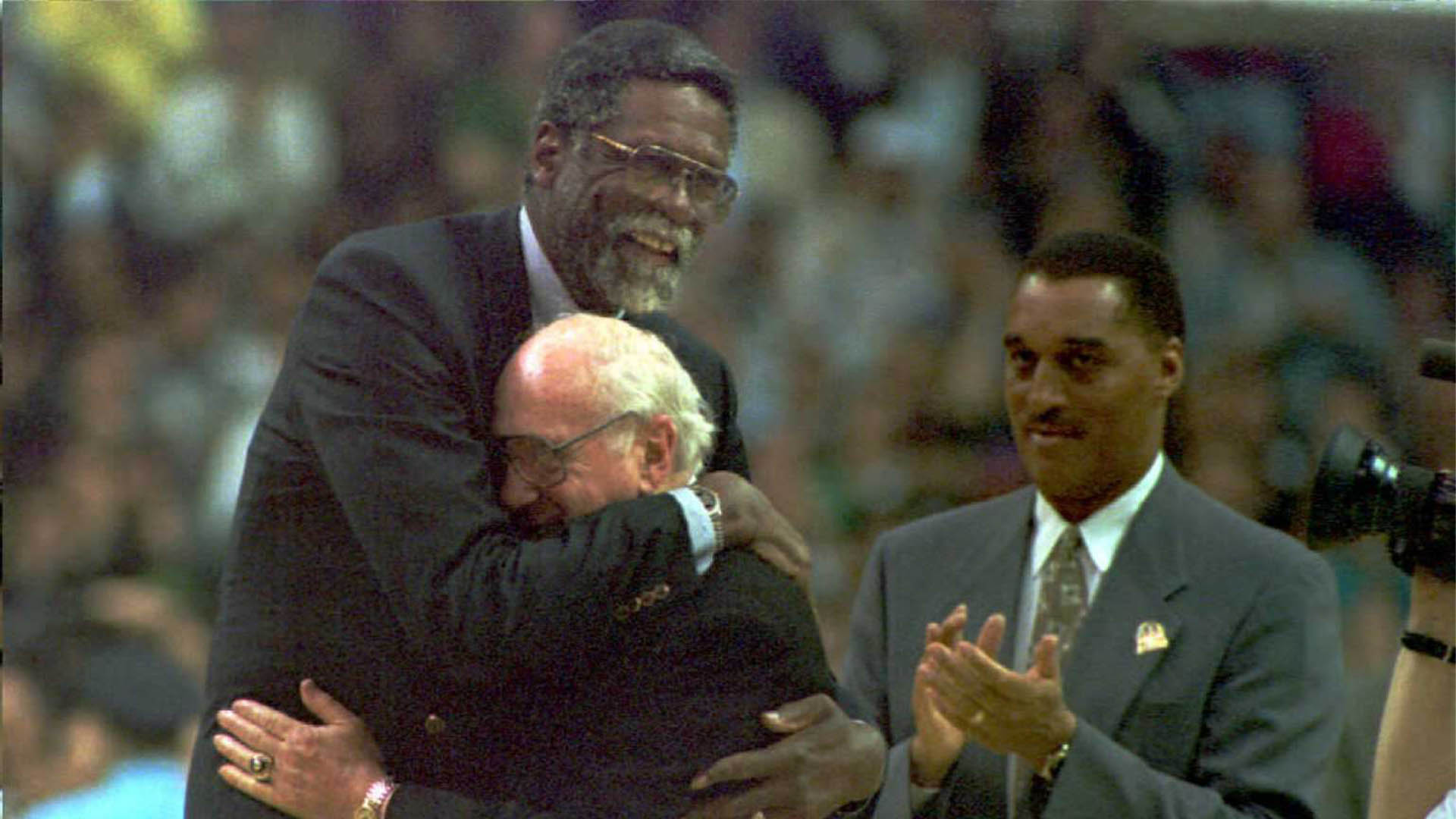








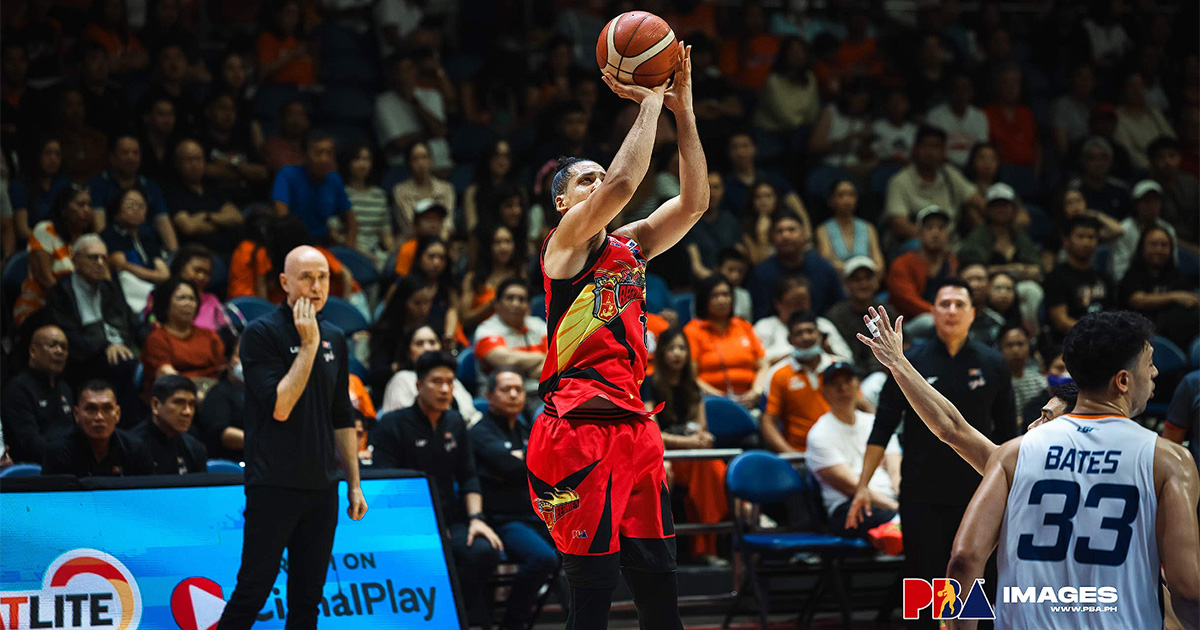
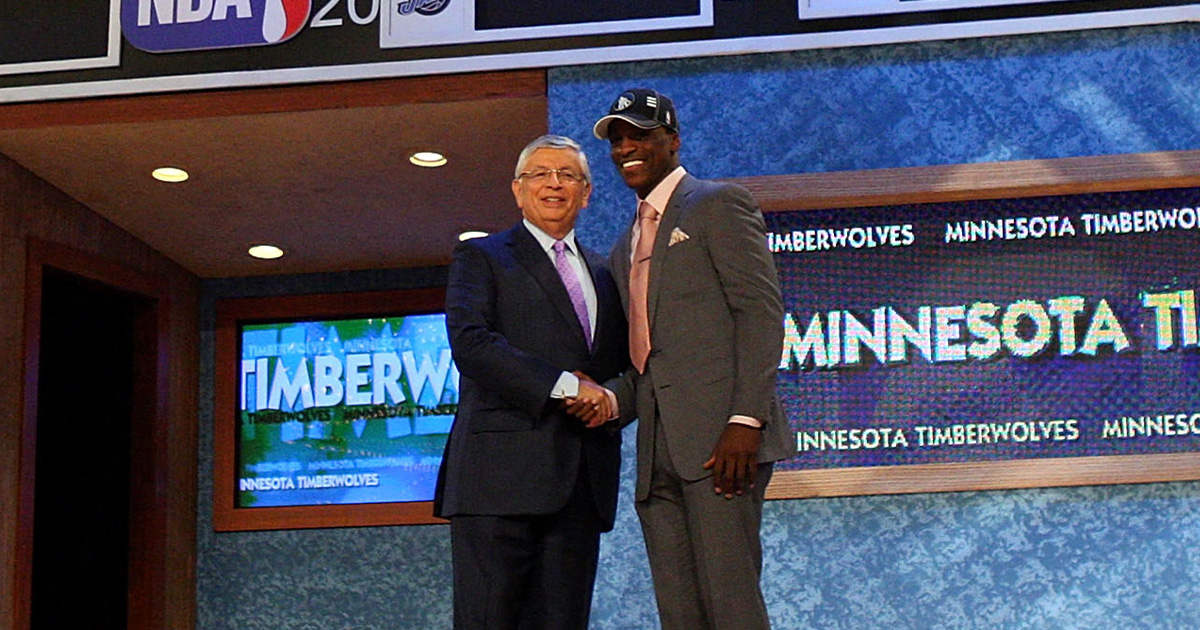
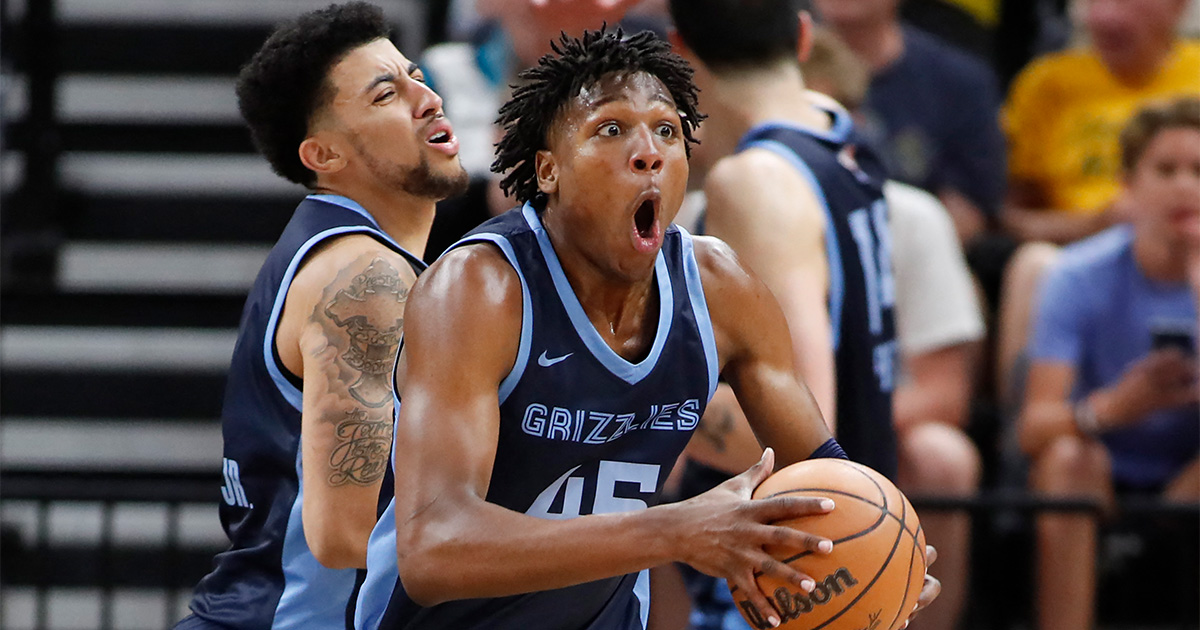
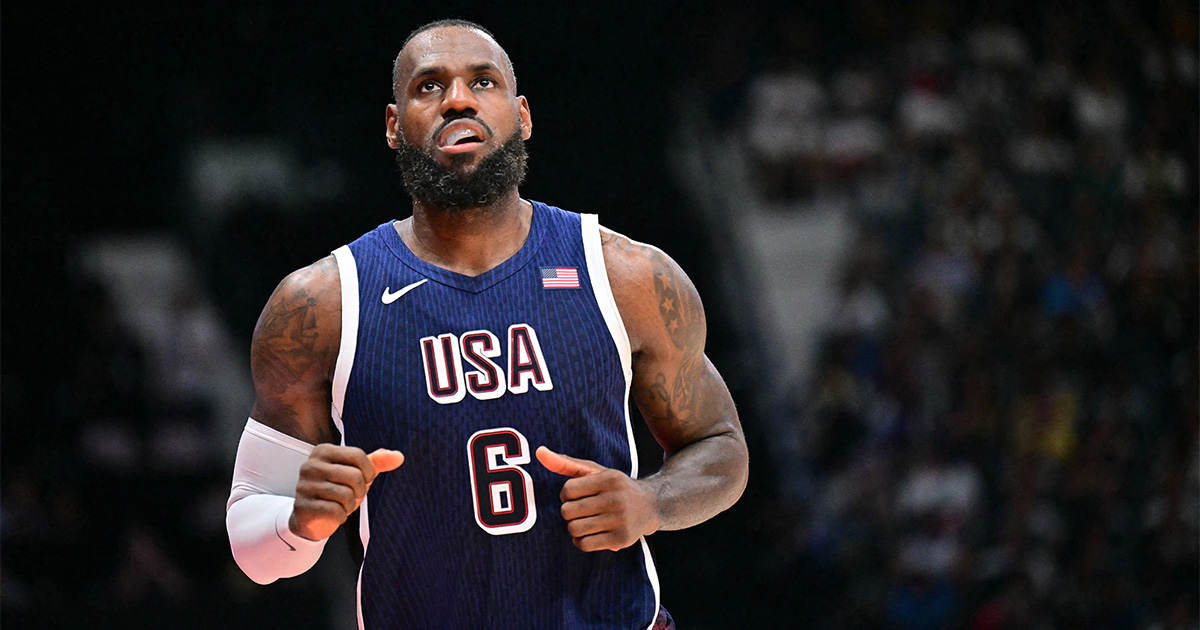
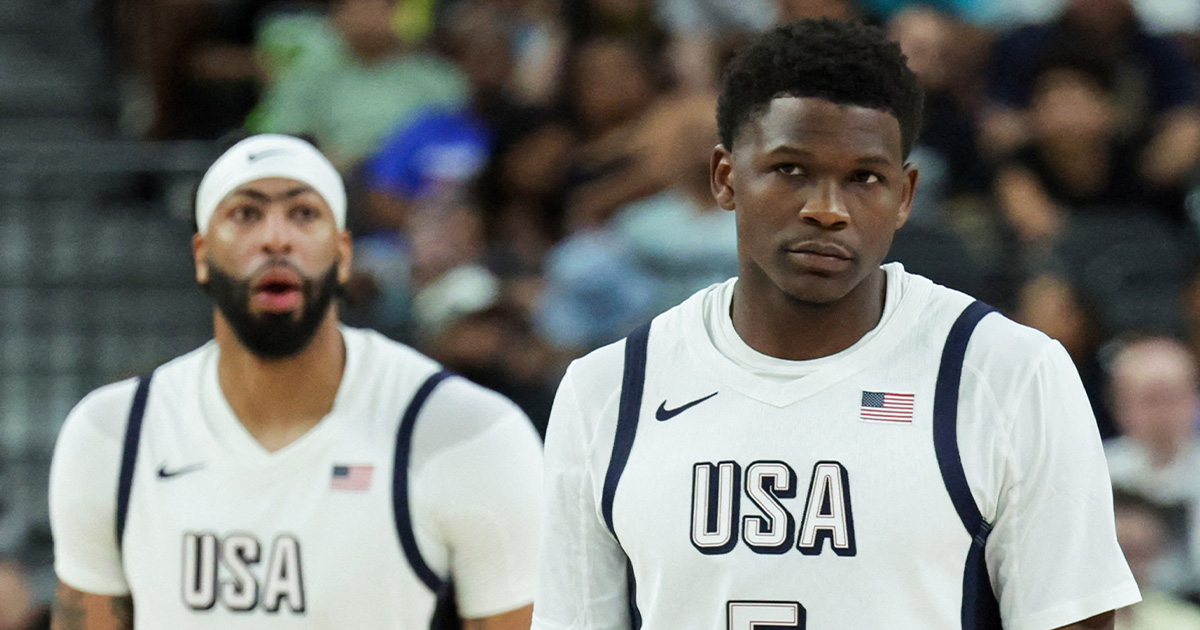
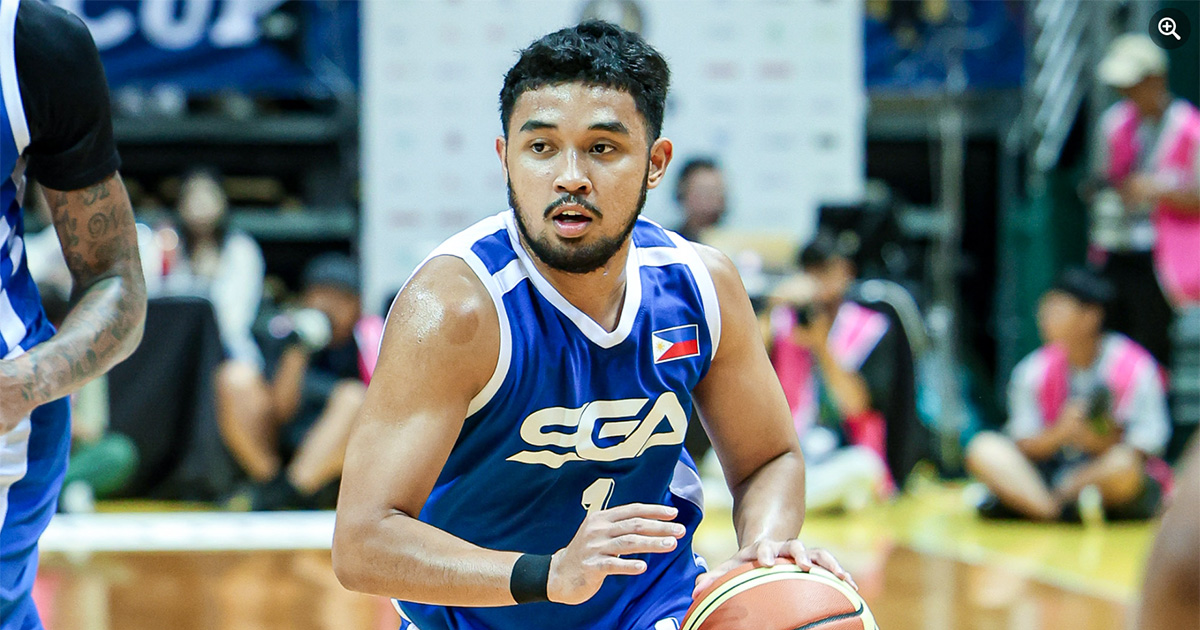
nimabi